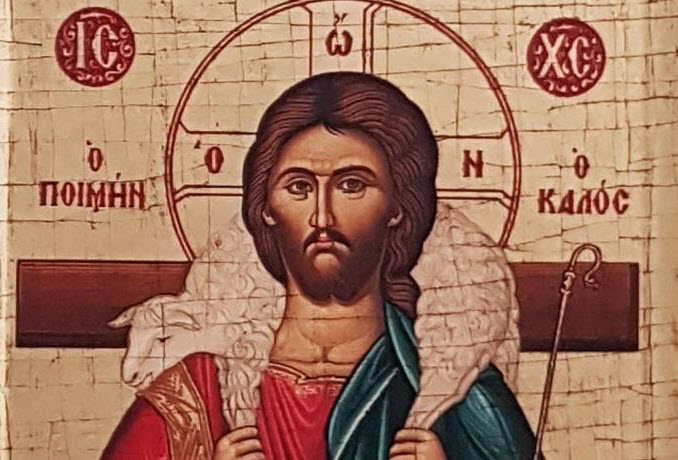The Fourth Sunday of Easter presents us each year with the opportunity to reflect on the nature of ‘vocation’ or ‘calling’ in the light of the Gospel parable of the Good Shepherd (Jn 10: 1-21). So, what can we learn from this text and related ones about the ways in which God calls us to love Him and our neighbour?
For Jesus to identify himself as a shepherd, sent by his Father to care for a flock, is at once to suggest that a vocation is like an occupation, a special kind of job. And we are used to thinking along these lines, especially in relation to helping or caring professionals such as doctors, nurses, and teachers.

But the occupation is meant to be directed primarily towards service, with little emphasis on the self as regards to pay or self-promotion. It is not surprising, then, that we tend to be surprised, and even critical, of such groups going on strike for better pay and conditions. Also, there can be a reluctance among such professionals to see themselves as having a vocation, if it means they are going to be exploited and taken for granted by those they serve.
I see a major difference between vocation / calling, and occupation, in terms of the issue of identity. A calling is, in first place, something that one is, which then dictates what one does. An occupation or job is what one does, which colours who one is, but not in a total way.
In many, if not most jobs, the worker comes away after their shift, takes off their uniform, and gets on with the rest of life, including what is one’s true vocation. A person who spends too much time at work is often criticised as a workaholic, while the person who lives his or her vocation is praised and respected.
What then of this identification of Jesus with the Good Shepherd? Notice first, that Our Lord distinguishes himself from the “hired man,” who runs away when wolves threaten the flock, leaving them unprotected (v.12). He does this because the sheep do not belong to him, unlike the Shepherd.
The True Shepherd is willing to lay down his life for his sheep, because he is so invested in them. The key words here are “I am the Good Shepherd.” Being a Shepherd is an identity more than an occupation. It is something he is 24/7, not just for a shift.
However, when one examines the whole parable, it seems that the ultimate vocation or calling of Jesus is to be the Son of his Father.
“I am the Good Shepherd and I know my own and my own know me, just as the Father knows me and I know the Father” (v.14-15).
And, further along we hear Jesus say: “The Father loves me because I lay down my life in order to take it up again” (v.17-18).
The fundamental relationship Jesus has, or rather is, is to be a Son, an obedient child of His Father. And, arising from this, and based on it, he then becomes the Good Shepherd, the one to whom His Father entrusts his sheep, for they are originally the Father’s possession (v.29).
The message I take from all this is that the Christian calling is fundamentally based on a family model of Fathers and Sons / daughters, and secondarily, brothers and sisters. These relationships are natural and given, not something we choose initially, but ones we can affirm once we achieve the age of reason and can exercise our freedom.
No-one chooses their parents or their siblings, yet our deep-down identity is inextricably linked with these relationships. We are, and always will be, like it or not, someone’s son or daughter, and brother or sister (unless one is an only child). And this is our continuous identity all through life and even into eternity.
We are children of our parents even when they or we die. That vocation is eternal, and that love is eternal, once we arrive in our heavenly home.
Therefore, it is no accident that the church gives us, as the second reading of Mass on Good Shepherd Sunday, the message from St John, “Think of the love the Father has lavished on us by letting us be called God’s children, and that is what we are” (I Jn 3:1).
It is what we are in first place, for to be a child of a parent is not to do something, but to be the recipient of an unconditional, tender, gracious love. It makes us who we are, potential unconditional lovers of others, beginning with our natural family but then extending to our church family through Baptism.
The parable of the Good Shepherd, then, is really the parable of the Father and the Son who is called to be a shepherd of the Father’s flock, wholly willing to lay down his life for them out of love for that infinitely loving God who sends his only Son, not to condemn the world, but to save it.
If vocation, or calling, are so fundamentally about family identity, natural and supernatural, then what we do must follow from who we are, the recipients of the lavish, unconditional, and sacrificial love of our Father.
Hallowed be His Name and the Name of His Beloved Son!
Kieran ofm.
